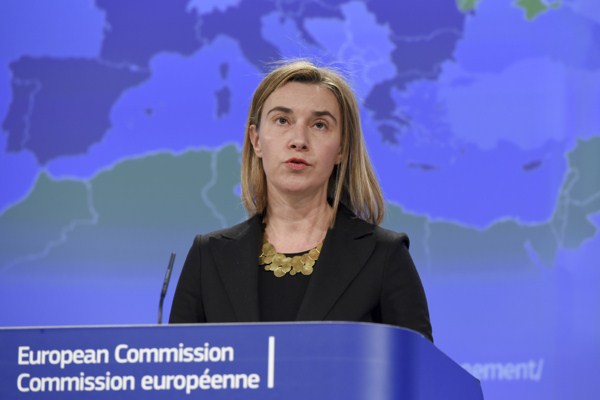Last week, the European Union launched a review of its European Neighborhood Policy (ENP), its instrument for engaging with non-member states along the bloc’s edge from Eastern Europe to North Africa. Announced by the EU’s foreign policy chief, Federica Mogherini, and the commissioner responsible for ENP and enlargement negotiations, Johannes Hahn, the consultation process will review the ENP’s underlying principles and scope as well as the tools at its disposal. European Commission President Jean-Claude Juncker had promised a review of the policy within his first year in office.
The ENP, established in 2004, governs the EU’s relations with 16 countries to the east and south, stretching from Belarus to Azerbaijan to Morocco. The policy’s stated goals are to create a ring of well-governed states around the EU and foster cooperation based on shared values.
As the EU expanded, so did its neighborhood. In response, the EU established the Eastern Partnership. Comprising Armenia, Azerbaijan, Belarus, Georgia, Moldova and Ukraine, the Eastern Partnership acknowledges the distinct issues that the EU’s eastern neighbors face compared with its southern neighbors. After the Arab uprisings, the EU in 2011 developed a policy within the framework of the ENP for what it termed the Southern Neighborhood, which encompasses Algeria, Egypt, Israel, Jordan, Lebanon, Libya, Morocco, the Palestinian territories, Syria and Tunisia.

